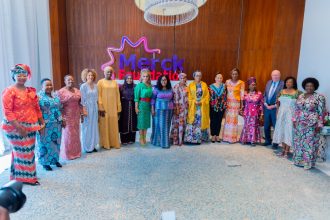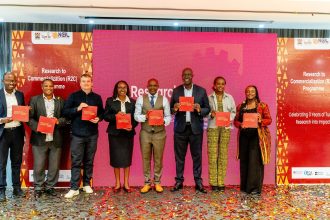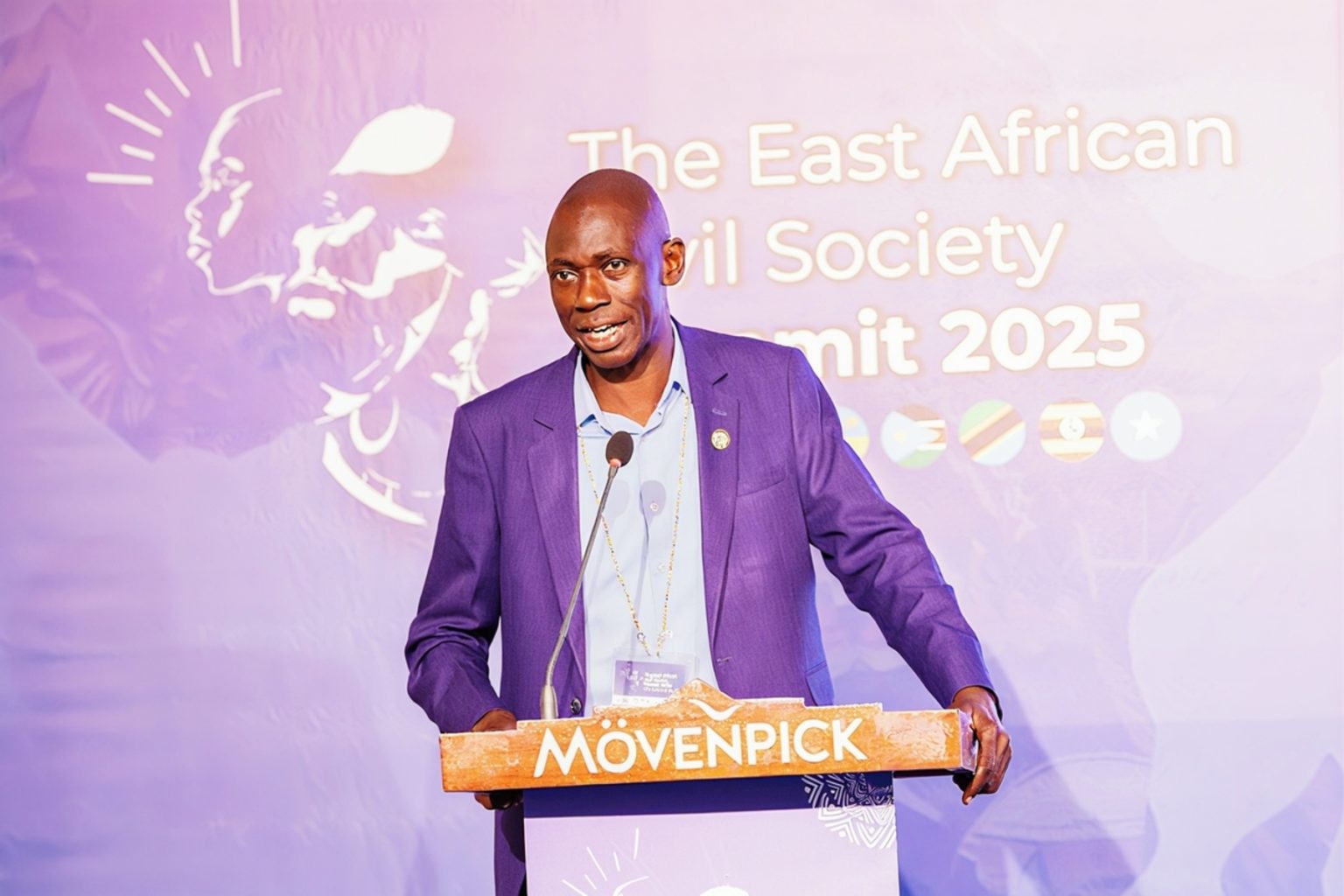On Monday, September 29, East African civil society leaders, government officials, academics, and private sector experts converged in Nairobi for the East African Civil Society Summit 2025 for a landmark dialogue on the future of regional integration.
Hosted by the East African Civil Society Organizations Forum (EACSOF), the dynamic gathering aimed to forge inclusive and collaborative pathways toward strengthening the East African Community (EAC).
Against the backdrop of rapid digital transformation, participants explored innovative strategies to boost governance, foster economic growth, and promote social inclusion across the region.
Speaking at the summit, Mr. Edmund Yakani, President of the East African Civil Society Organizations Forum (EACSOF), articulated the importance of security and agriculture as key elements for achieving cohesion among EAC member states.
He stated, “For the integration of the East African Community to be truly people-centered, we must prioritize security, as it is intrinsically tied to economic stability.”
Highlighting the urgency of addressing hunger and food insecurity, Yakani asserted, “A hungry EAC will never be a progressive EAC,” pointing out the ongoing challenges posed by tariffs and other trade restrictions that hinder the agricultural sector’s potential, ultimately affecting the economic prosperity of the region.
“We cannot afford to overlook agriculture if we are serious about the integration of East Africa’s populace,” he insisted, advocating for agricultural policy to be integral to regional strategies for development.
Yakani also sought to reshape the narrative surrounding civil society, stating, “Civil society entities should not be viewed as adversaries of the State.
He positioned these organizations as crucial allies in the quest for development, peace, and citizens’ well-being throughout East Africa, pushing for a collaborative governance model that emphasizes partnership between governments and civil groups.
In addition to these illuminating discussions, Lilian Alex, Chief Executive Officer of EACSOF, outlined the summit’s theme “Harnessing EAC Citizens’ Potential and Participation in Regional Integration Processes” and the sub-theme “Innovating for Regional Integration: Advancing Governance, Economic Growth, and Social Inclusion in the Digital Age.”
She highlighted the necessity of ensuring that innovation extends beyond mere technological advancements to foster inclusive governance and active citizen participation.
“True innovation should further transparency, inclusivity, and democratic engagement to effectively benefit all East Africans,” Alex remarked, responding to the pressing need for digital transformation to address societal and economic disparities.
Participants at the summit represented a diverse array of sectors, including EAC leadership, public officials, academic scholars, and private sector innovators, all united by a shared vision for a more integrated and thriving East Africa.
Sirili Akko, representing the international development organization GIZ, reiterated their steadfast commitment to the EAC integration agenda.
He underscored the necessity of prioritizing good governance, human rights, gender equality, environmental stewardship, and inclusive development as vital components of sustainable regional integration.
“This collaboration illustrates the essential nature of multi-sectoral alliances in realizing integration that genuinely benefits every citizen,” Akko stated.
As the 3-day Nairobi summit reached its conclusion, participants collectively emphasized a pivotal message: for integration to flourish, it must be fundamentally centered around the concerns of the populace, addressing critical issues like food security, leveraging innovation to promote inclusivity, and nurturing collaborative partnerships between nations and civil society.
With an estimated 200 million individuals residing in EAC member states, this renewed vision sets forth an optimistic pathway toward a more united and equitable future for East Africa.
Suffice it to say, the East African Civil Society Summit 2025 marks a significant milestone in East Africa’s trajectory towards integration, firmly establishing agriculture, innovation, and inclusive governance as the cornerstones essential for enduring regional unity.




